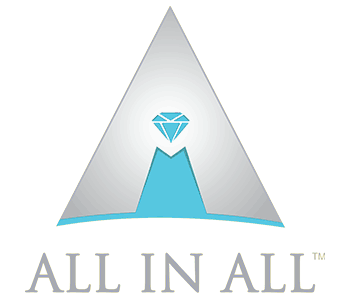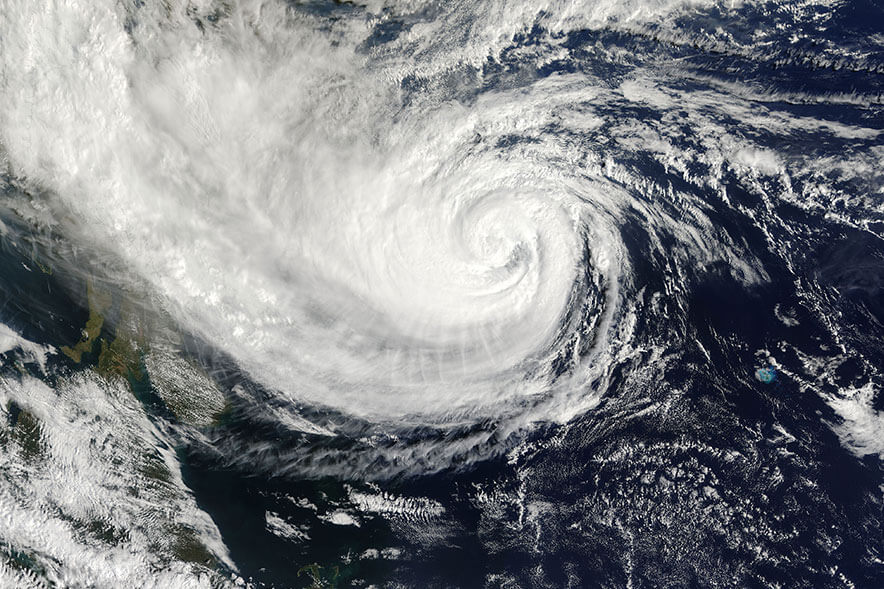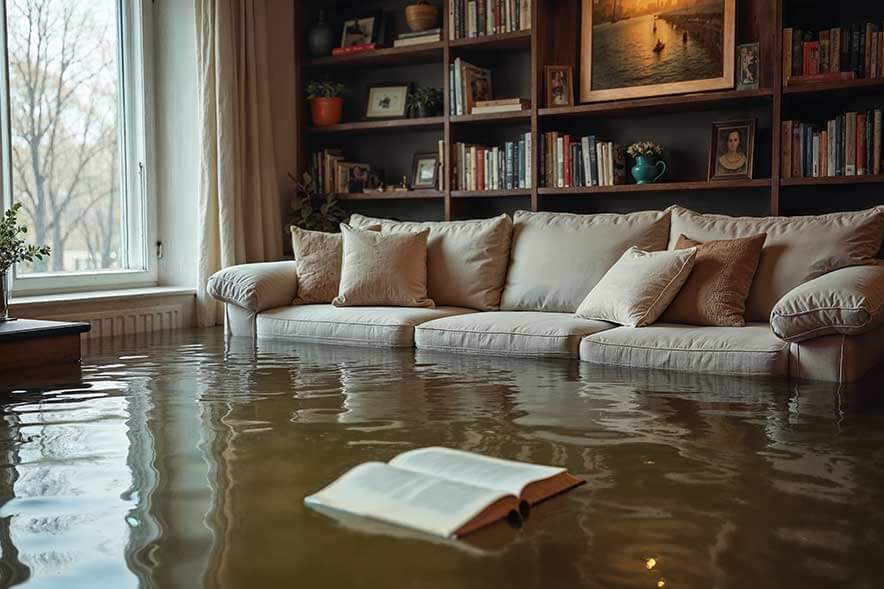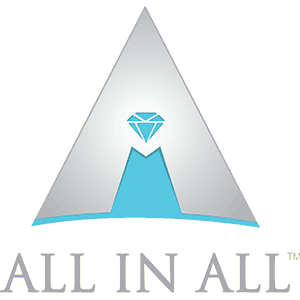How Much Does Property Insurance Cost?
Property insurance in Canada varies greatly. Your coverage will depend on the type of property, its location, and the types of risks associated with your property. Some questions you can expect to be asked when getting a quote from an insurance company are:

- How long have you lived at this property?
- What is the age of this property?
- What is the purpose of the property?
- Is it your primary residence?
- Is it a secondary home?
- Is it a rental property?
- Is it a seasonal property? (a cottage or beach house)
- What type of property is it?
- A detached house?
- A townhouse?
- A condo?
- How many people (or families) will be occupying the property?

How Can I Lower My Property Insurance?
1. Increase your deductible.
Your deductible is the amount you agree to pay out of pocket when you file an insurance claim. The more you pay upfront, the less you pay in insurance each month. The amount you pay each month is called the premium.
2. Bundle your insurance.
You could benefit from purchasing a bundle policy, which covers your home and car insurance. Insuring your home and car separately could be more expensive, since there are many insurance companies that will offer bundling discounts.
Bundling can also relieve your headaches when it comes time to renew your policies. Renewing the bundled policies will save you time, rather than renewing different policies under different insurers
*If you are currently using two different insurance companies, and are considering bundling, wait! If you cancel your insurance policy mid-way through, you will likely face a cancellation penalty. Wait until it comes time for you to renew a policy, then make the switch!
3. Improve your home.
If your house is prone to flooding in the springtime, your insurance policy is likely to be high. Install some preventative measures that will reduce the risk of your home and its contents from getting damaged. This can decrease your monthly premium.
Which Insurance Policy is Right for Me?
Different insurance companies will offer different policies. Don’t settle for the first insurance policy you see! Insurance is an important expense. If you’re paying for one, make sure it’s the right one for you (from most to least coverage).
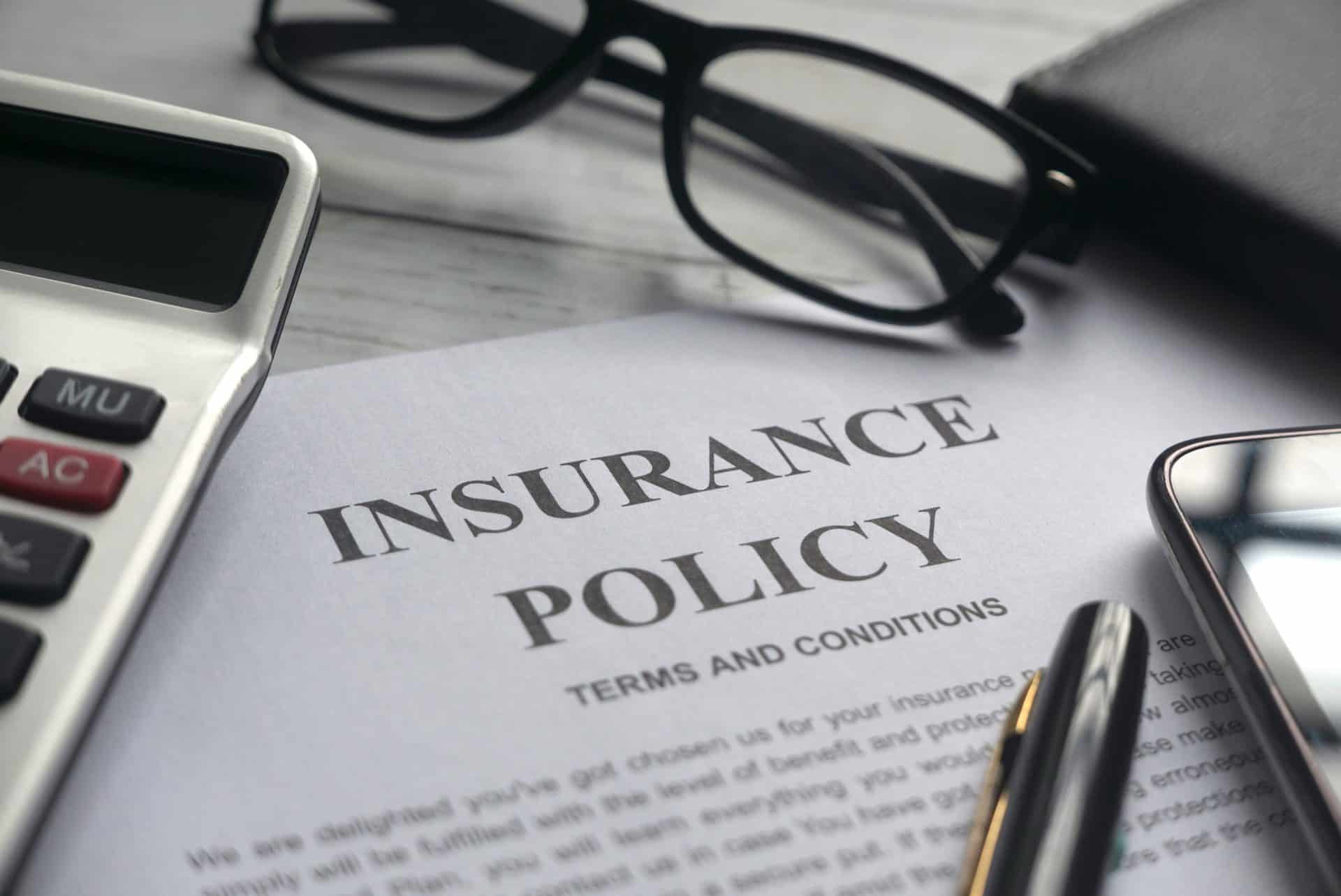
Comprehensive Policy
This policy covers any damages to your home’s structure and all contents within. Your insurance company may exclude certain risks from your policy. For example, if your insurer lists floods on your policy as an exemption, you will not be covered for any damages incurred by flooding.
Broad Policy
This policy, similarly to the comprehensive policy, will name exclusions in terms of the home itself. Meaning, if flooding is excluded, any structural damage will not be covered. However, contents ruined may still be covered. For the contents of your home, this policy will list the risks that do cover any damages.
Standard Policy
The standard policy covers less than the comprehensive policy. In this policy the insurance company will list the things that are covered in your policy, rather than exemptions. For example, if your policy lists fire, your home and its contents are covered in the event of a fire.
No-Frills Policy
No, this is not talking about the grocery store. This policy offers really basic coverage. Usually, this policy covers homes that normally wouldn’t meet the requirement for standard coverage.
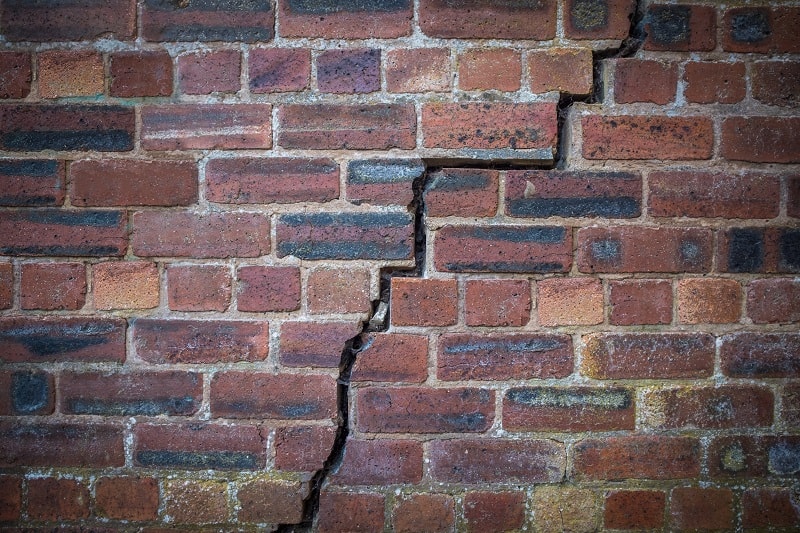
What Does Property Insurance Cover?
1. The most important and the most costly; Coverage A.
All of the following are covered under this first category:
- Roofing
- Doors
- Appliances
- Light fixtures
- Windows
- Foundation
Essentially, all of the structural components of the building.
2. Coverage B is the umbrella for all of the structures that are not attached to the main building.
- Detached garages
- Work sheds
3. Coverage C is content insurance for valuables that are in the home. The personal items that could be covered are:
- Televisions
- Computers
- Fridges
- Freezers
- Furniture
- Clothing
- Bicycles
- Sports equipment
Art work and Jewellery could be covered under this insurance, but it may depend on the company that insures you. Check with them to understand what your plan covers.
This type of insurance can cover valuables within a rental property as well. The tenants of a rental property would buy this insurance, not the property owner.
4. Coverage D, also called “loss of use” or “additional living expenses”, covers expenses that are incurred in the event that you cannot live in your home as a result of an incident.
- The incident must be something that your insurance plan covers.
The expenses that this plan will cover include:
- Food
- Hotels or other lodging accommodations
I Run a Business From Home. Does my Property Insurance Cover it?
Your property insurance will generally only cover you and your family members. If you don’t disclose that you run a business from your home, your property insurance may be invalidated. Your property insurance will only cover things that are not related to your business. This means that your insurance won’t cover:
- Damaged equipment, if used for your business;
- Stolen equipment or tools, if used for your business;
- injury to a client while visiting your home, also known as personal liability.

